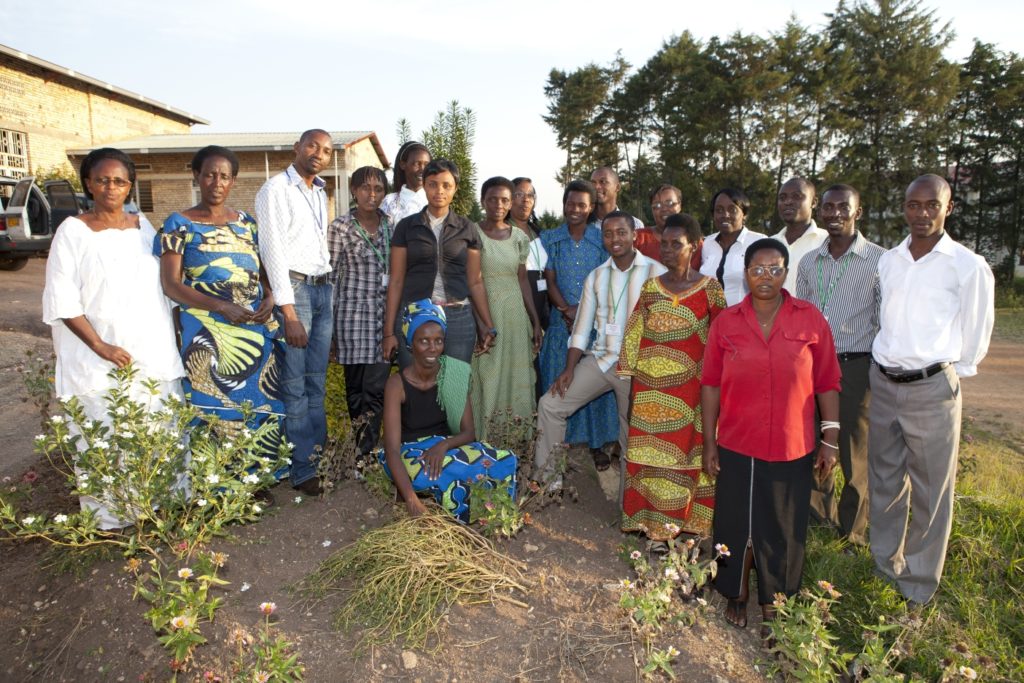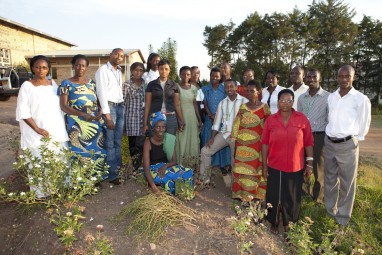
Today (8th March) is International Women’s Day (IWD). The UN theme for IWD 2013 is “A promise is a promise: Time for action to end violence against women.”
The survivors of the genocide in 1994 are disproportionately women and girls, as men and boys were targeted first for killing during the killing in which one million Tutsi, and a number of moderate Hutu, were killed.
Human Rights Watch reported that Rwandan women were subjected to sexual violence on a “massive scale” during the genocide. In addition to sexual violence, thousands of women became widows and were infected by HIV and AIDS. These women still face stigma, discrimination and an increased risk of violence today. While the incidence of Gender Based Violence (GBV) lessened after the genocide, patterns of violence continue today.

The issue of GBV has been identified as a priority by AVEGA Agahozo (Association of Widows of the Genocide). AVEGA has worked to mobilise its staff to advocate for the passing of legislation as well as action on GBV. The enactment of the new Rwanda GBV Law which was published in February 2009 resulted in part due to this work. The challenge ahead is to build on this foundation and ensure that AVEGA continues to influence decision-makers to enforce the Law and empower its members to use it.
In raising awareness of the ongoing threat to women survivors, particularly the threat posed by male perpetrators when released from prison, AVEGA is working to create the vehicle through which survivors are given a voice.
This work is supplemented on a national level by an international focus on GBV in Rwanda. In December 2008, Rwanda acceded to Optional Protocol on the Convention on the Elimination of All Forms of Discrimination against Women (OP-CEDAW). However, as noted by the Committee on the Elimination of Discrimination of Women (Feb 2009), “equal access to justice and appropriate protection and support may not be guaranteed for all women and girl victims within the framework of the comprehensive process of prosecution of perpetrators which is ongoing at international and national levels.”
On IWD 2013, we call for greater support to deliver that justice, protection and support for widows of the genocide in Rwanda in particular.
